6 career defining records of Blondie's Clem Burke
New wave drumming hero picks his finest
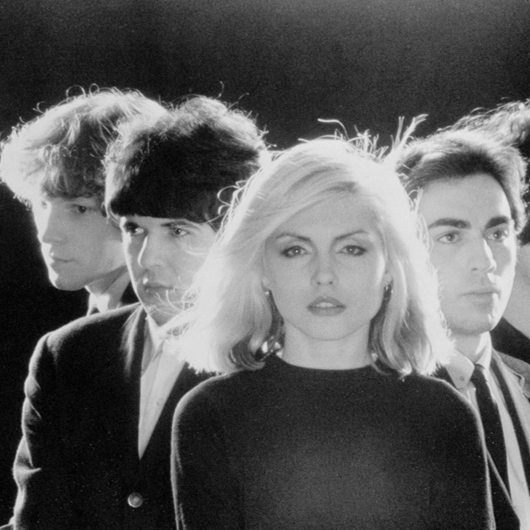
Clem Burke chooses his six best
With the Blondie drummer lending his name to a research project investigating the fitness of career skinbeaters, what better time to investigate Clem Burke’s prestigious past?
Here Clem picks the six records which have most-defined his career, telling Rhythm Magazine why they mattered so much along the way…
First up: wild grooves and a Playboy Bunny
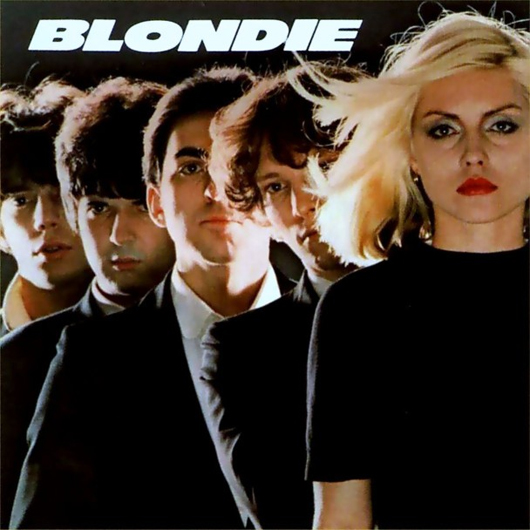
Blondie (1976)
A seminal combination of punk swagger and classic American pop, Blondie reshaped late-’70s chart music thanks to Clem’s wild grooves and the pout of sometime Playboy Bunny Debbie Harry .
Clem Burke says:
“For the first Blondie record, we went to Plaza Sound Studios in New York, which is on top of Radio City Music Hall. It was the complete antithesis of a small, punky indie band going into some funky studio!”
“Plaza Sound was built to record classical concerts and soundtracks - it was vast, like the size of EMI Studio 2. We’d ride up and down the elevator with the dancers, the Radio City Rockettes, and we’d go up on the roof - we had the run of the place! Ramones recorded their first album there as well.”
“It was only the second time I’d been in a studio: the first time was when my high-school band won a battle of the bands on a New York radio station. I think the drumming on that album still stands up today: X-Offender is one of my all-time favourite Blondie tracks.”
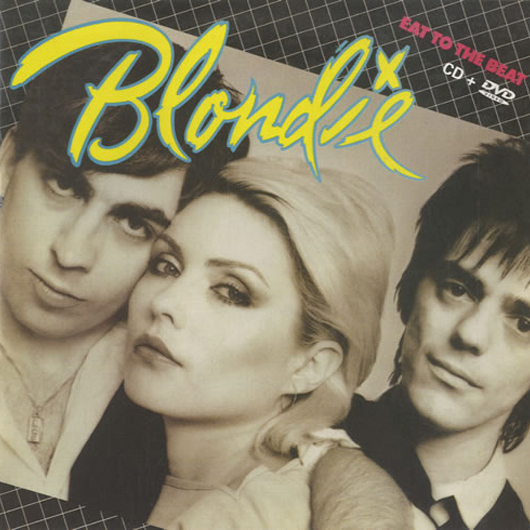
Eat To The Beat (1979)
Along with the previous year’s Parallel Lines, Eat To The Beat represents Blondie’s creative peak, including career highlights Dreaming, Atomic and Union City Blue. Post-punk pop had never sounded so good.
Clem Burke says:
“This was our rock’n’roll record. Dreaming was Joey Ramone’s favourite Blondie song, and people always say to me, ‘The drums are fantastic on that track - how did you come up with that?’ The reality is that those crazy drums were just a first take - just a pass to run through the song!”
“I think that Dreaming would have been a bigger hit if the drums hadn’t been so mad, actually: if I’d just done a straight four-on-the-floor beat, the song might have cut through more. Still, the melody’s there, and it’s a great melody.
“Atomic is on this album too, which was a piss-take out of a spaghetti-western disco song: it has a great drum break in it. It was recorded at the Power Station, with that big ambient sound on the drums. All those songs were recorded on that same Premier Resonator kit that I always used.”
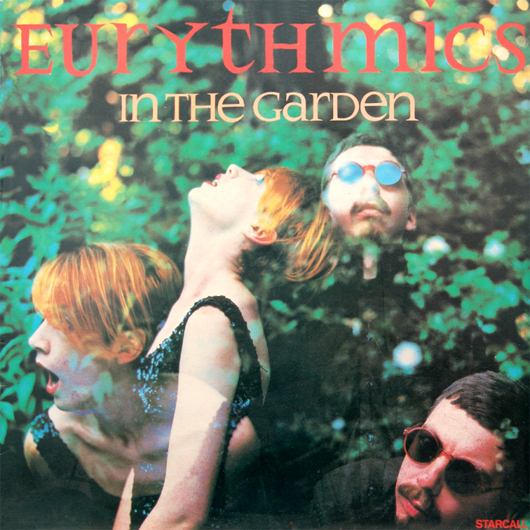
In The Garden (1981)
When Clem met Annie… the combination of New York vitality and English artistry made a promising (and experimental) beginning to the Eurythmics long and unpredictable career. A world away from Blondie, though.
Clem Burke says:
“I met Annie Lennox at the Embassy Club in London in 1980 and she invited me over for Sunday lunch, where I met Dave Stewart. They’d just left The Tourists and I was very taken with them. They told me they were going to work with Conny Plank, who had produced Ultravox, Kraftwerk and Can, and so we went out to his farmhouse at Neunkirchen, near Cologne.”
“It was a real workshop atmosphere there: real experimental. No one was concerned about having hit records, for sure! Karlheinz Stockhausen’s son played on that record, and so did Can’s Jaki Liebezeit and Holger Czukay. The dinners were amazing too!”
“That was a great record and I listen to it a lot today. The way Conny worked with echo was incredible: it was probably one of the first times I ever overdubbed drums.”
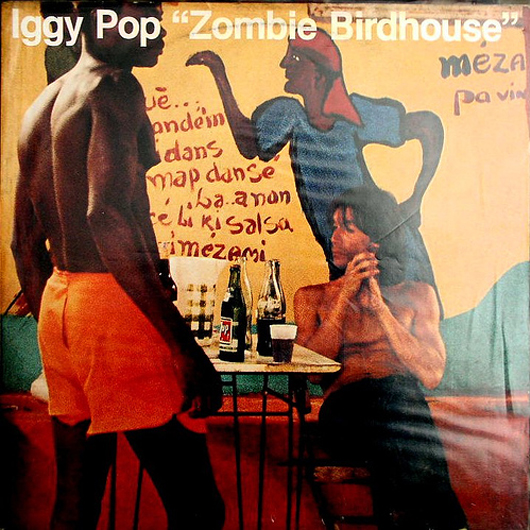
Zombie Birdhouse (1982)
Clem plus Iggy should equal genius, right? Well, no. An incoherent and unpopular LP despite Burke’s energetic beats, making it one of Iggy’s least essential releases ever. But wait - Clem’s including it for a reason.
Clem Burke says:
“Touring with Iggy Pop was tremendous, and I really thought we were going to make a great record… but we made Zombie Birdhouse instead, which was produced by Chris Stein. I don’t think I ever got paid for making that record, now I come to think of it.”
“The album was kind of a disappointment for me, but having said that I am proud to have been on an Iggy Pop record. I’m including this album in this list because there’s a DVD of Iggy Pop live in San Francisco from 1981, and that I am tremendously proud of, especially the drumming on it. You know what? I never got paid for that either!”
“The band was great - it had Carlos Alomar from Bowie’s band on guitar, and my old schoolmate Gary Valentine from the first Blondie band. So let’s include this live DVD [Iggy Pop – Live In San Francisco], not the album!”
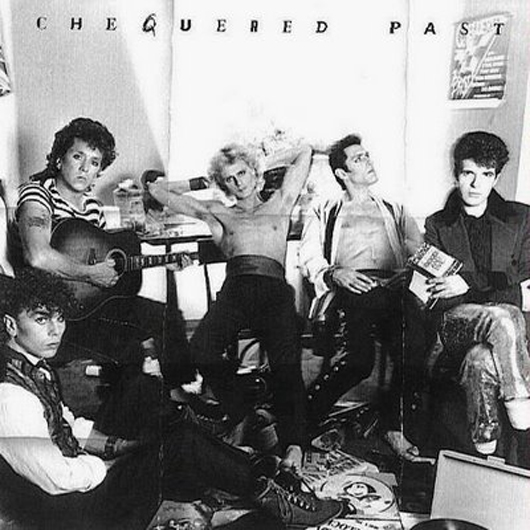
Chequered Past (1983)
One of rock history’s great lost albums, featuring some of the finest songwriting talents of the pop and punk worlds.
Clem Burke says:
“Chequered Past was me and Nigel Harrison from Blondie, Steve Jones from the Sex Pistols and a couple of other people. Gary Gersh from EMI signed us and then went on to manage Nirvana.”
“We walked in and they said, ‘We don’t care about hits, we don’t care about sales, we’re happy to have you guys on the label, you have free rein.’ And we completely blew it, because Steve Jones was still addicted to heroin.”
“He’s a great guy and a friend of mine, but we flew him into LA from New York and as soon as his plane landed he said, ‘The first thing I need to do is get some heroin.’ We were like, ‘We thought you didn’t do that any more?’ He went to rehab and got well, and we made the record, but everything went off the rails again. That band really fell between the cracks.”
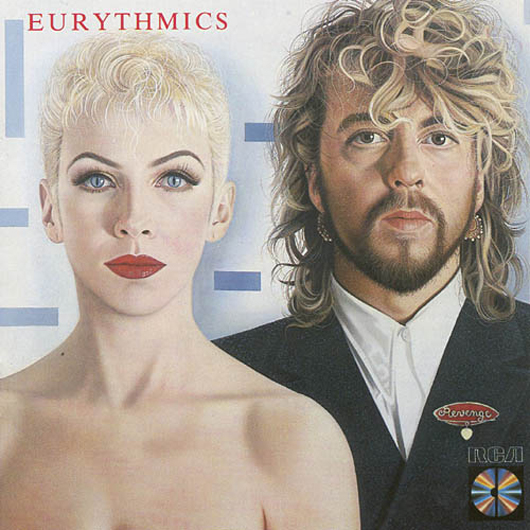
Revenge (1986)
By 1986 Annie Lennox and Dave Stewart had dropped the sparse, arty Kraftwerk impressions and were writing full-fat rock songs for a stadium audience. Who better to deliver crowd-levelling drums than Clem?
Clem Burke says:
“The first thing that producer Conny Plank said to me was that he recognised the influence of Kraftwerk in Heart Of Glass, which was what we were trying to emulate.”
“Once again, we did most of the tracks at Conny’s studio, and it was great to reconnect with all that. But then we recorded the drums in the stairwell at Studio Grande Armée in Paris, which was this huge expensive studio wired into the Grande Armée concert hall. You hear about people recording in marble rooms and all that - well, we did them in the stairwell!”
“You know, Dave’s an English eccentric and Annie is a gorgeous woman with a gorgeous voice… we won a Best Rock Performance Grammy for the song Missionary Man, and then we all went on a two-year world tour right afterwards. I’m real happy with that record.”
“I oversaw every element - not just the music and the lyrics and the melodies and the production, but also the merch and the fan clubs and everything”: Mike Portnoy talks about his years away from Dream Theater
“I’m surprised and saddened anyone would have an issue with my performance that night”: Zak Starkey explains why he got fired from The Who
“I oversaw every element - not just the music and the lyrics and the melodies and the production, but also the merch and the fan clubs and everything”: Mike Portnoy talks about his years away from Dream Theater
“I’m surprised and saddened anyone would have an issue with my performance that night”: Zak Starkey explains why he got fired from The Who









